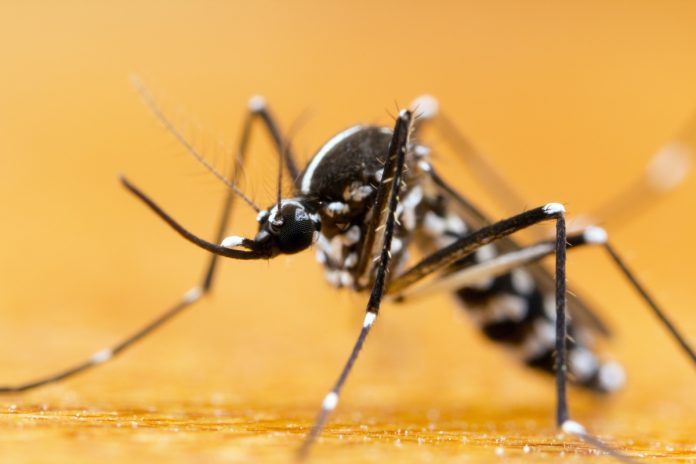Monday, June 7, marked the first positive testing of West Nile Virus (WNV) present in Los Angeles County. According to the San Gabriel Valley Mosquito & Vector Control District (SGVMVCD), the organism in question, was a dead crow collected in South Pasadena. The finding of a positive dead bird underscores that WNV is possibly circulating in the area.
The SGVMVCD — one of several vector control districts in LA County — focuses on data related to mosquitos in the region, according to its website. Gathering statistics, which are submitted for epidemiological research, relies on citizen reports of dead birds in the community; collections of 10-50 mosquitos from traps, routinely testing adult females for disease; and the monitoring of stagnant water sources that encapsulate swimming pools, gutters, and storm drains.
As of June 15, no additional cases have been reported by the SGVMVCD. Human-related cases, which are monitored by the LA County Department of Public Health — who publishes annual reports — and Pasadena Health Department have yet to publish any data for 2021. Public Health states that one in 150 people infected with the virus will require hospitalization. Severe symptoms include high fever, muscle weakness, neck stiffness, coma, paralysis, and possibly death. Those at greatest risk include seniors and individuals with compromised immune systems. People over 50 years of age and those with chronic health problems are at higher risk of severe illness.
WNV is endemic to the area, meaning the virus is likely to be detected every year. As the weather heats up, typically between the months of May and October, mosquito populations become more active. The last time the virus was detected in South Pasadena was in 2017, found in a dead Western ScrubJay late July. According to 2020 and 2019 reports of positive mosquito samples found by SGVMVCD, neighboring communities like Alhambra, San Gabriel, Monterey Park, and Arcadia, all confirmed at least one instance of WNV present in a collected group. The months which peaked in these findings were predominantly in August and September 2020, as well.
The California Department Public Health relays that in the case of encountering a dead bird, you are not in danger of getting WNV. The virus is primarily transmitted through bites from infected mosquitos. Should you find a new, intact, dead bird, especially a crow, magpie, bluejay or sparrow, immediately call 1-877-WNV-BIRD (877-968-2473) or visit the website.
SGVMVCD’s public information officer, Levy Sun stated in an official release that it “only takes one bite for a mosquito carrying West Nile virus to get you sick. Don’t take your chances and assume the next mosquito bite will be harmless.”
According to the agency, who employs research-based preventative measures, there are several, simple steps that residents can take in order to avoid risk through mosquito bites.
- Tip out stagnant water around the home weekly;
- Toss unused containers that can hold stagnant water;
- Protect against bites by using insect repellent containing any one of the following CDC-recommended ingredients: Picaridin, DEET, oil of lemon eucalyptus (or PMD), or IR3535;
- Wear long sleeves and pants when mosquitoes are biting;
- Keep screens on windows and doors in good repair; and
- Contact your local vector control agency if you detect unusual numbers of mosquitoes.
WNV surveillance and control activities carried out by local vector control and public health agencies prevent disease by helping people to know when WNV is present and informing them of steps to keep themselves and their community safe. For more information, visit:
publichealth.lacounty.gov/acd/VectorWestNile















.png)











